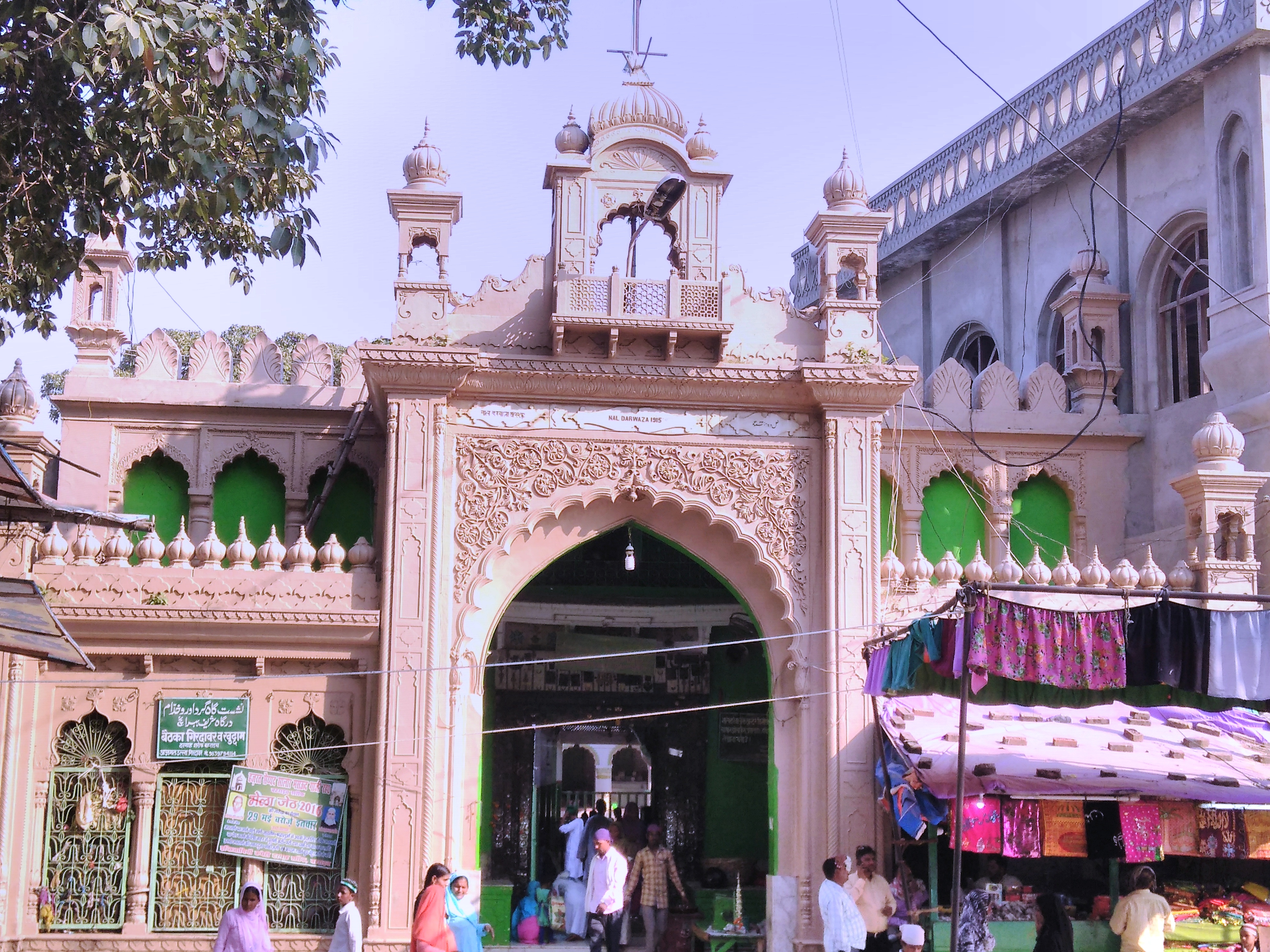


Zohra Bībī (11th century) is an Indian folk saint in what is now Uttar Pradesh, India. She is said to have been the wife of the semi-mythical Salār Mas‘ūd, a widely venerated ghāzī, or religious warrior, who was reportedly the nephew of Sulṭān Maḥmūd Ghaznavī of the Ghaznavi Empire. Pilgrimage to her husband’s tomb at Bahraich was said to have started in the 12th century, with the dargāh, or shrine, built above it the next century. The most comprehensive biography of Salār Mas‘ūd, Mir’āt-i Mas‘ūdi, “Mas‘ūd’s Mirror,” was a 16th century hagiographic account of his life that placed his birth at 1011 and described him as joining his father on military outings, later becoming a young general, destroying temples and converting conquered land. After destroying a solar temple at Bahraich, he was defeated in battle in 1034 and buried at the site of the former temple. He became venerated as a ghāzī and later as a miracle worker and healer, so fittingly, in some stories he is said to have healed a noble girl named Zohra Bībī of blindness. He married her but died before the consummation of the marriage, and when she later died, having not remarried, a devotee took a stone from her burial vault to be made into a monument in her birth city Rudauli.
A fair called Zohra-Melā is celebrated for her there on the first Sunday of Jeth or Jyeshtha (mid-May to mid-June, the 3rd month in the Hindu and Sikh calendars), in which a “dowry” is presented, including a nuptial bed. In Bahraich during her husband’s ‘urs, or memorial festival, in the first week of Jeth, a dramatic reenactment of the marriage ceremony takes place, with two boys dressed as Salār Mas‘ūd and Zohra Bībī. These enactments are similar to the child reenactments of the Rāmāyana. Indeed, Hindu devotees identified the couple with Rāma and Sītā (a king, considered an incarnation of the deity Vishnu, and his wife respectively) particularly for Bahraich’s closeness to Rāma’s birthplace, Ayodhya, and Mas‘ūd was additionally associated with Krishna for his youth and obstinance. Because of the raucous and subversive nature of the festivals and venerations of the couple, more normative Sufis and Islamic leaders have disfavored them, some even banning the ‘urs. Despite this, the saints have always been popular among low caste Muslims, Hindus and Sikhs in the area.
South Asia • Sufi.